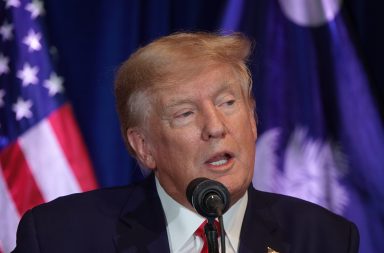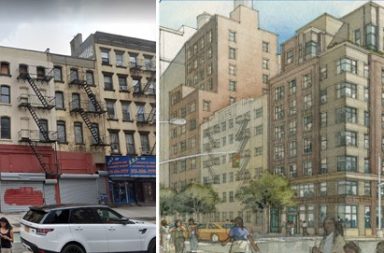As New York City rises to the task of rebuilding ground zero, there are those hoping a Big Apple Olympics in 2012 will be a finish line for the rebirth of the city.
“We’re more determined than ever to host the games,” said Daniel L. Doctoroff, president of NYC 2012.
“The notion of the Olympic Games which would occur in 11 years as the capstone of the re-rebirth of New York is a very powerful notion,” he said.
In a show of solidarity, there have been calls for cities around the around the world to step aside and let the New York host the Games in 2012.
So far, none has officially dropped out.
But those who were pessimistic about the city’s chances to win the Olympic bid are now rallying around the idea of New York hosting the 2012 games.
“With the attitude around the country, there may be some real possibilities,” said John A. Fox of PKF Consulting, a company that tracks tourism and hotel occupancy.
Federal funds pouring into Manhattan to repair the devastating damage could help New York pay for infrastructure that would incidentally benefit plans to build a new stadium and expand the Javits Center.
Though there are projections of a shortage of skilled labor for large projects, layoffs in many sectors along with help from unions and fast-track approvals could move construction forward on multiple sites.
“I really don’t think it’s an impossible task,” said Richard T. Anderson, president of the city’s Building Congress. “We have demonstrated in the past we can pull off massive building programs.”
As for security, the NYC 2012 committee noted in its bid package that the city’s vast experience in hosting large security-intensive events is “unparalleled.”
The USOC will pick finalists for the 2012 games in Salt Lake City Oct. 26.
If New York makes the cut, it’ll be up for the U.S. committee’s final selection in November 2002. It will take until 2005 for the International Committee to decide.
Meanwhile, attention is turning to Salt Lake City – where the officials at the 2002 Winter Games are upping security for the first Olympic event since the attacks.
Security chiefs organizing the Salt Lake Olympics want F-16 jets and attack helicopters patrolling the sky and armed soldiers stationed on street for the February event.
“No-fly zones” that would prohibit almost all aircraft from flying within 1.5 miles of sports venues are also set to be dramatically widened.
One member of the security team, Salt Lake County Sheriff Aaron Kennard, told The Post he had harbored major reservations about the Olympic air-security plan, even before the World Trade Center attack.
“I’ve been very skeptical for some time about whether our security plans were up to scratch, particularly when it comes to airspace,” he said.
Kennard said the airport should be closed down and the no-fly zones expanded to 10 miles on the days of the opening and closing ceremonies.









